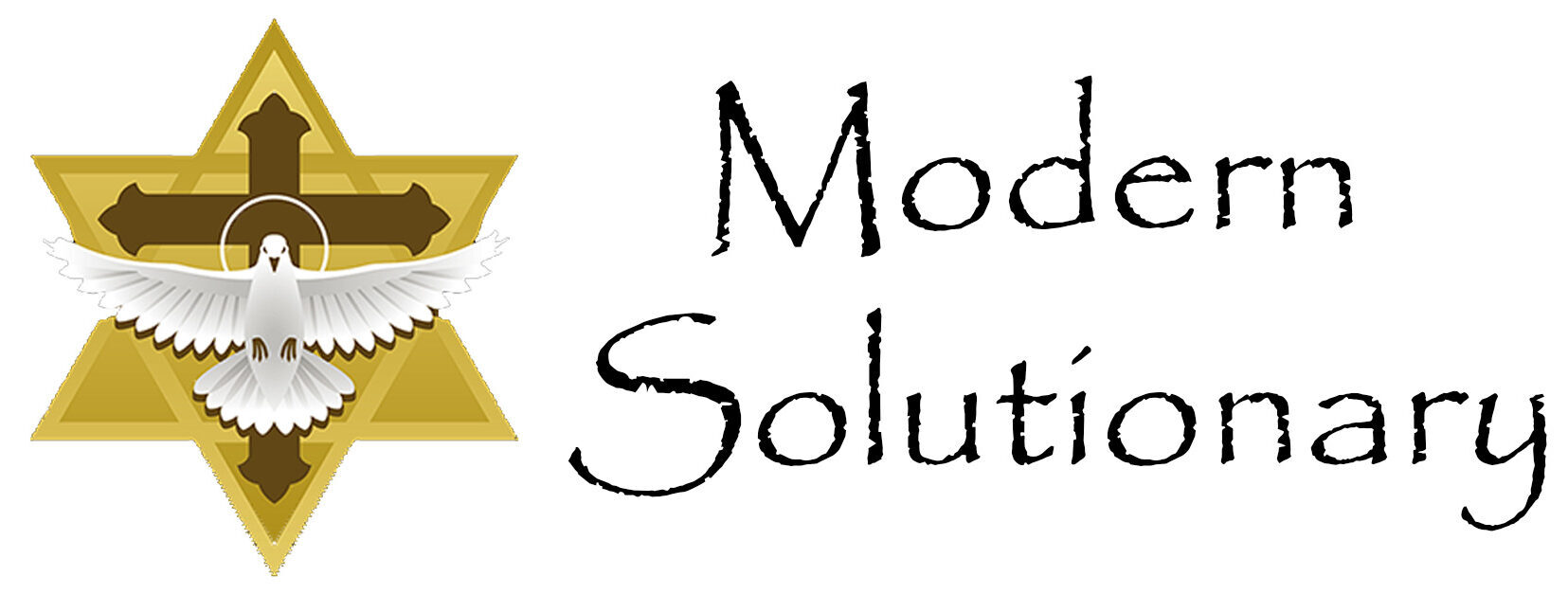
The question of salvation and sin is a complex theological issue that varies among different Christian denominations. Generally, many non-Catholic Christians believe in the doctrine of “sola fide,” which means “by faith alone.” This doctrine asserts that salvation is received through faith in Jesus Christ as Savior, apart from works. However, this belief does not imply that one can continue to sin freely. Most of these Christians hold that while salvation is a gift received through faith, true faith is expected to result in a transformed life that strives to follow Christ’s teachings, examples, and the turning away from sin.
The Catholic Church, while affirming the necessity of faith for salvation, also teaches the importance of repentance and good works, while observing the sacraments, the outward signs of inward grace, as means through which God dispenses His grace. The Church acknowledges that non-Catholics can be saved but emphasizes that it is through the Church that the fullness of the means of salvation is available.
In Christian theology, the assurance of salvation and admittance into heaven is often discussed in terms of faith and practice. While different denominations may emphasize various aspects, there are three core beliefs commonly associated with salvation resulting in the admittance to Heaven.
- Faith in Jesus Christ: Belief in Jesus Christ as Lord and Savior is central to Christian doctrine. This faith is a trust in Jesus’ sacrifice on the cross as atonement for sins and acceptance of His resurrection as the victory over death and sin.
- Confession: Verbally acknowledging faith in Jesus Christ and one’s sins. Confession is seen as an outward expression of inward faith, demonstrating a willingness to be accountable to God and others for one’s belief and actions.
- Repentance: A sincere turning away from sin and turning towards God. Repentance involves acknowledging one’s sins, feeling genuine remorse, and making a commitment to change one’s ways.
These elements are often accompanied by a life that reflects Christian values and teachings, demonstrating the transformative power of salvation in one’s behavior and attitudes. The interpretations of these principles can vary, and many Christians believe that salvation is ultimately a gift from God, not something that can be earned through human effort. It is for that reason that no one stained by sinful behavior can know for sure that they will have admittance into the Heavenly kingdom, since purity and sanctity are uniformly believed to be needed at the time of death.
If this is my last post, I want all to know there was only one purpose for all that I have written; to have made a positive difference in the lives of others.
Anthony “Tony” Boquet, the author of “The Bloodline of Wisdom, The Awakening of a Modern Solutionary”
